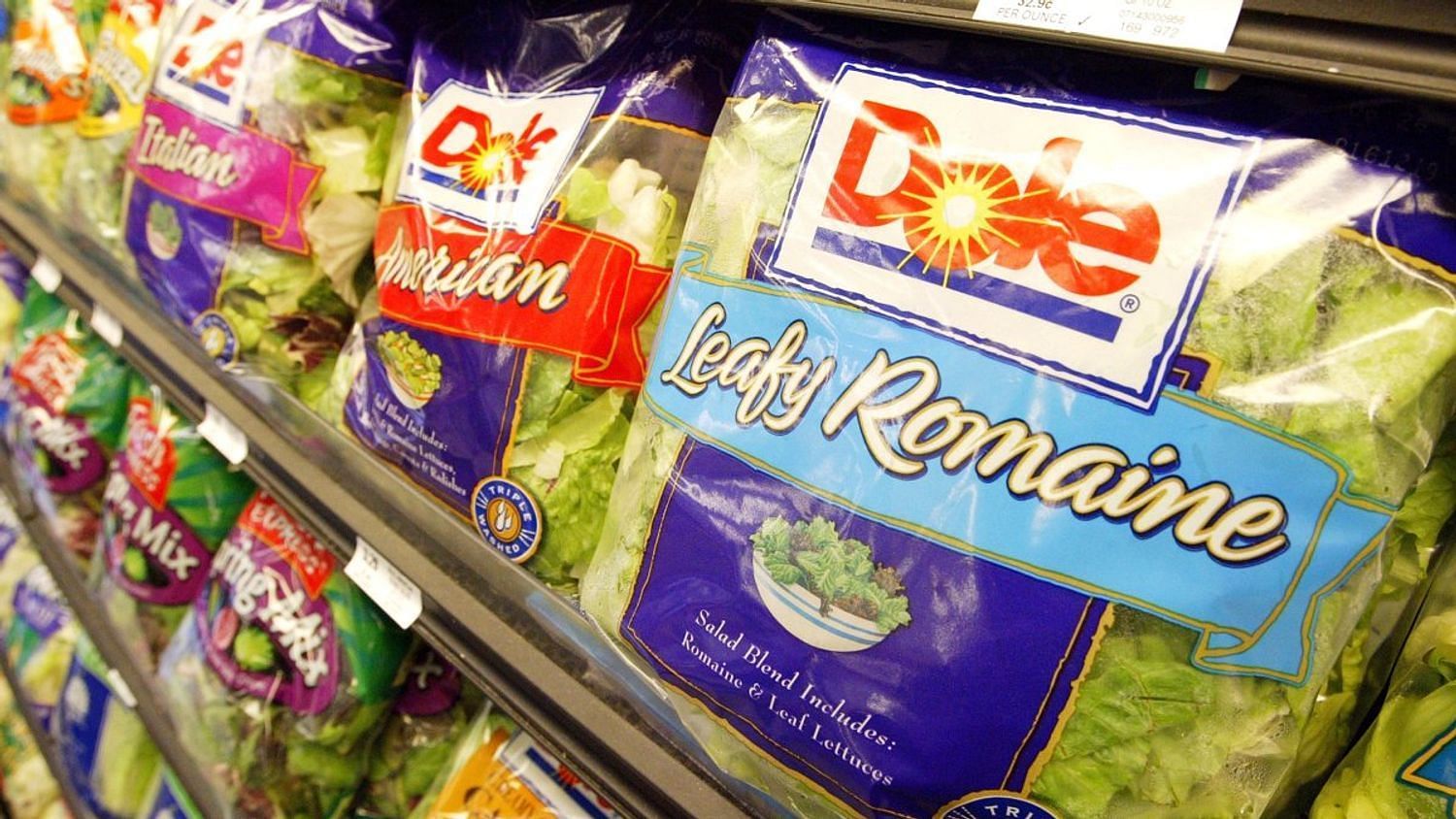The U.S. Centers for Disease Control and Prevention is investigating a listeria outbreak in relation to Dole's packaged salads. This comes after two people died in Michigan and Wisconsin, 17 customers reported sick and 13 hospitalizations took place.
Dole began recalling its products at the end of December last year. This included products with the “Best if used” dates between November 30, 2021, and January 9, 2022.
The packaged food items included mixed greens, garden salads, Caesar salad and other types of salads. To add, Dole clamshells along with Ahold, HEB, Kroger, Little Salad Bar, Marketside, Naturally Better, Nature’s Promise, President’s Choice, Lidl and Simply Nature products are also being taken off store shelves.
The Food and Drug Administration has announced that customers must throw away the Dole salads they bought as well.
Dole has also launched its own investigation into the outbreak. It has been recalling salads produced in Bessemer City, North Carolina and Yuma, Arizona facilities.
The CDC is investigating a listeria outbreak linked to Fresh Express salads as well.
The symptoms of listeria and how to counter it
The FDA put out a statement in which they said that investigators are visiting Dole facilities to determine the source of the monocytogene bacteria.
Those who suffer from fever, fatigue, muscular aches, headaches, stiff necks, loss of balance, confusion, diarrhea and convulsions after consuming Dole products must visit their healthcare providers immediately.
Listeria is mainly caused by eating improperly processed deli products. Pregnant women and people above the age of 65 with weakened immune systems are at high risk.
If one is suffering from foodborne bacterial illness, they will be provided with an antibacterial treatment which will help to curb listeria's symptoms.
The FDA recommends that products that have come into contact with contaminated food must be cleaned and sanitized with vigilance, as there is a risk of cross-contamination. The bacteria can survive refrigeration temperatures as well and can spread to other food items and surfaces.
The CDC has recommended emptying refrigerators, washing shelves and drawers thoroughly if the contaminated products were stored there. Cleaning with hot and soapy water has been advised as well.
